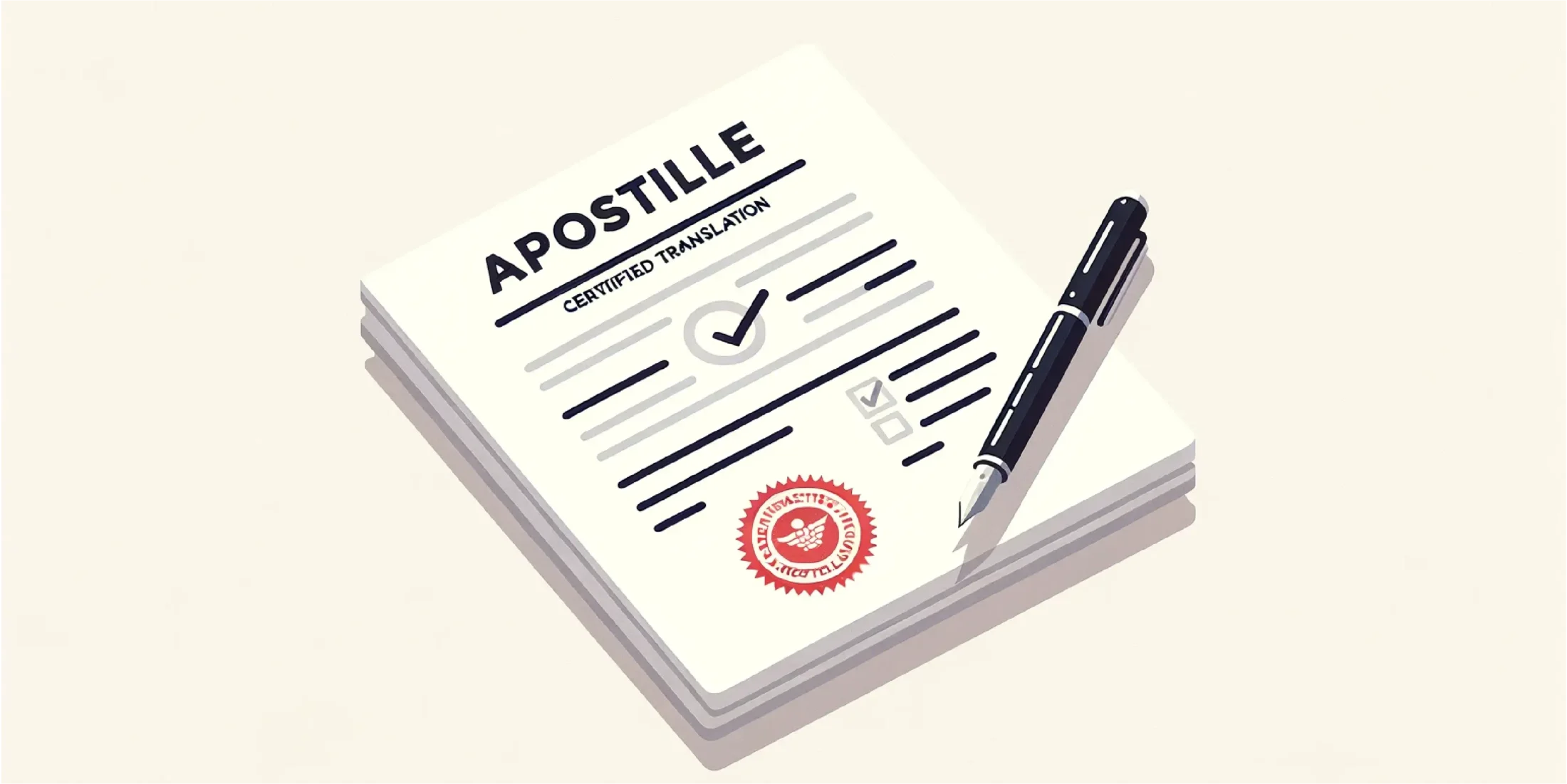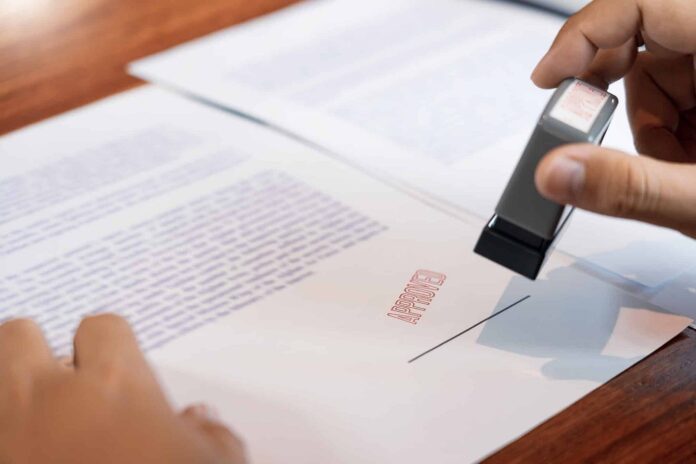The authenticity of documents shared across international borders has never been more important. An apostille certificate of origin is a form of authentication issued to documents for use in countries that participate in the Hague Convention of 1961. It is basically a specialized certificate provided by a country that is a member of the convention, which validates the seal and signature of a public official on a document, such as a birth certificate, court order, or any legal paper.
As professionals grapple with a globalized environment, the need for advanced strategies to manage document authentication becomes key. Whether it’s for education, immigration, or business transactions, individuals are increasingly required to provide apostilled documents to prove their legitimacy. For example, exporters need an apostille certificate of origin to facilitate trade with foreign countries. Understanding how to efficiently obtain an apostille is important for success in international affairs, ensuring that one’s documents are recognized and accepted worldwide with the credibility they deserve.
Mastering the Apostille Process

The process of obtaining an apostille can seem daunting, given its bureaucratic nature, but with the right know-how, it can be handled smoothly. An apostille is a form of authentication issued to documents for use in countries that participate in the Hague Convention of 1961. It’s important to start by identifying the specific documents needing authentication and ensuring they are in the proper format, as this can significantly streamline the process.
Familiarize yourself with the specific requirements of the country where the document will be used, as each may have unique stipulations. Engage with the designated authority—often the state’s Secretary of State or a corresponding office—that issues apostilles in your jurisdiction. They can provide definitive guidance on the necessary steps. Be thoughtful in your paperwork and consider any time-sensitive aspects of your application. For faster processing, inquire about expedited services which may require additional fees but can save time.
Jurisdictional Considerations and Multinational Complexities

When dealing with apostille certifications for documents that will cross international borders, it’s necessary to recognize that the requirements can vary greatly from one country to another. This international protocol serves to simplify the process of legal document recognition among member countries. Despite the overarching framework, each nation may impose its own unique prerequisites and interpretations on the type of documents eligible for an apostille, the specific authority that issues it, and the actual process to obtain one.
As a result, when managing documents destined for multiple nations, it’s important to devise a tailored strategy. This includes thorough research on the respective legal stipulations, a clear understanding of each country’s bureaucratic processes, and a proactive communication approach with the relevant entities in each jurisdiction. One might even find it necessary to consult with legal experts or specialized agencies to ensure seamless document legalization and adherence to international legal standards.
Advanced Tools and Resources for Document Authentication
Utilizing technology to enhance various processes is more important than ever, and the apostille procedure is no exception. With an abundance of software and services readily available, professionals requiring document authentication for international purposes can now find relief. These tools are engineered to facilitate the sometimes complicated steps needed to achieve an apostille certification by automating tasks, ensuring precision, and minimizing paperwork.
Using straightforward online interfaces that assist users throughout the application process to complex systems that track document status, these innovations are revolutionizing the way professionals manage international documentation. Features often encompass electronic submission of documents, validation services to ensure documents comply with the specifications of different nations, and the secure processing of confidential information. As a result, professionals can accelerate the apostille process with greater assurance and diminished difficulty.
Minimizing Rejection: Quality Control and Error Prevention

In managing document handling, whether it’s for legal submissions, academic papers, or important applications, the need for minimizing rejection through quality control and error prevention cannot be overstated. Emphasizing best practices for document preparation and verification is key. This includes careful proofreading to eradicate grammatical and spelling errors, ensuring that all required information is complete and formatted correctly, and double-checking that sources and references are properly cited.
It’s also important to understand the common grounds for rejection, such as missing information, non-adherence to guidelines, or illegible content. By acquainting yourself with these pitfalls, you can take proactive steps to mitigate them, such as using checklists designed to cover all necessary details, consulting templates or examples of approved documents, and seeking peer reviews before submission. In doing so, you can not only become more efficient in document preparation but also increase the likelihood of acceptance on the first try, saving time and reducing frustration.
Networking and Professional Alliance

When it comes to international document verification, professional networks play a key role in facilitating the process of obtaining an apostille. These networks, formed by experts, local and abroad, specialize in understanding the subtleties of the apostille procedure.
By leveraging the collective knowledge and connections of these alliances, individuals and organizations can manage the complexities of document legalization with greater ease. Such collaborations with international entities and local experts ensure a more efficient and less intimidating experience, making the apostille process more accessible to those who require their documents to be recognized on a global stage. By doing so, networking and professional alliances prove to be invaluable in simplifying an otherwise convoluted and bureaucratic process.

Mastering advanced apostille strategies provides a major professional edge. By understanding the details of international document authentication, one affirms their commitment to excellence and showcases a profound respect for the complexities of global bureaucracy. Continuous learning and adaptation are key, as regulations and requirements change rapidly. As such, professionals should not only embrace but also seek to integrate these advanced strategies into their practice. Doing so not only enhances their own expertise but also elevates the standard of service they offer, ultimately benefiting their clients and strengthening their professional reputation.







